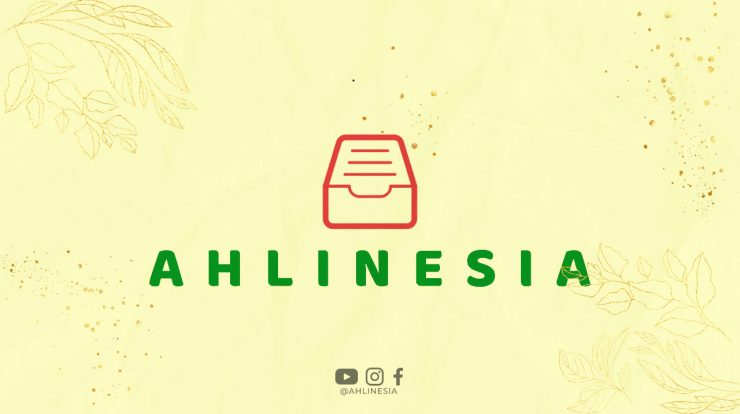
Studying in Australia can be an exciting and enriching experience. Not only do you get to pursue your academic goals, but you also have the opportunity to work and earn some extra money. Many international students wonder how much they can earn while studying in Australia, and in this article, we will explore the various earning possibilities and shed light on the potential income.
Work Opportunities for International Students
Australia offers a range of work opportunities for international students. As an international student, you can work up to 40 hours per fortnight during the academic session and full-time during the study breaks. This allows you to manage your studies while still having the chance to earn a decent income.
There are various types of jobs available for international students, ranging from part-time positions in retail and hospitality to internships and work placements related to your field of study. The minimum wage in Australia is quite competitive, ensuring that you receive fair compensation for your efforts.
Earnings from Part-Time Jobs
Part-time jobs are a popular choice among international students as they offer flexibility and the opportunity to gain valuable work experience. The amount you can earn from a part-time job in Australia depends on several factors, including the type of job, your skills and experience, and the location.
Part-time jobs in retail or hospitality sectors usually pay around $18 to $25 per hour. Keep in mind that these rates may vary slightly depending on the state or city you are studying in. As an international student, you can expect to earn an average of $300 to $500 per week from a part-time job, depending on the number of hours you work.
Internships and Work Placements
Internships and work placements are fantastic opportunities to gain industry-specific experience while studying in Australia. These positions are often unpaid or offer a modest stipend, but the experience and connections you gain can be invaluable for your future career.
While the financial compensation may not be substantial, the knowledge and skills you acquire during internships or work placements will greatly enhance your employability. Many students consider this an investment in their future career prospects rather than just a means of earning money while studying.
Working During Study Breaks
During study breaks, international students have the opportunity to work full-time, allowing them to earn a higher income. This is particularly beneficial for students who wish to save money or cover additional expenses during their time in Australia.
Working full-time during study breaks can significantly increase your earning potential, allowing you to save up for travel, accommodation, or even contribute towards your tuition fees. The income you earn during these periods can make a substantial difference in managing your finances while studying abroad.
Conclusion
While studying in Australia, international students have ample opportunities to earn money and support themselves financially. Part-time jobs, internships, and work placements provide avenues for earning income, gaining work experience, and building valuable connections.
It is essential to manage your time effectively and strike a balance between your studies and work commitments. By making the most of the work opportunities available, you can not only support yourself financially but also gain valuable skills and experiences that will benefit your future career.
Remember to familiarize yourself with the specific work restrictions and conditions that apply to international students in Australia to ensure you are compliant with the regulations. With proper planning and determination, you can make the most of your time studying in Australia while also earning a decent income.






